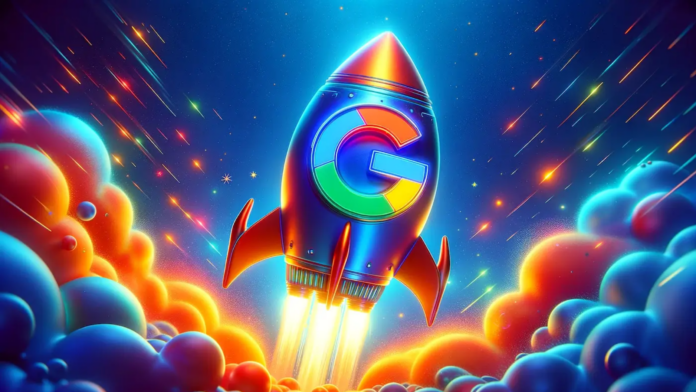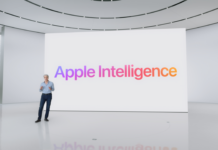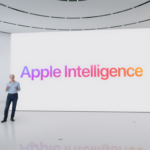In the dynamic landscape of artificial intelligence, Google’s latest breakthrough, Gemini, is turning heads with its extraordinary multimodal capabilities. This innovative AI tool, with its multifaceted approach to understanding and integrating diverse data types like text, images, audio, and video, signals a new era in the tech giant’s AI journey.
Wednesday’s unveiling of Gemini marked a significant moment for Google. Amid the competitive rush in AI technology, where giants like Microsoft and Anthropic have been making strides, Google’s Gemini emerges as a formidable player. Comprising three distinct versions – Nano, Pro, and Ultra – Gemini is designed to seamlessly blend various data forms, heralding a new frontier in AI versatility.
What sets Gemini apart in the AI arena is its natively multimodal design. Unlike existing AIs, which often combine separate models for different functions, Gemini is crafted from the ground up to inherently understand and process multiple data types. This integrated approach enables it to avoid the limitations and vulnerabilities commonly seen in other AIs, such as issues with prompt injection.
Take, for instance, the most advanced offering, Gemini Ultra. It has shown impressive performance across various benchmarks, even matching or surpassing human capabilities in certain areas. Particularly noteworthy is its achievement in the MMLU exam, where it set new records in a vast range of academic subjects.
Gemini’s crossmodal reasoning ability is especially intriguing. It can tackle complex problems by converting them into mathematical formulas and providing accurate solutions. This capability is not just a technological feat; it paves the way for transformative applications in education and beyond.
Moreover, in terms of multimodal language understanding, Gemini Ultra has surpassed its competitors with over 90% accuracy. Google’s internal human preference tests have also indicated a strong preference for Gemini, especially in creative writing and other complex tasks.
Focusing on mobile efficiency, Gemini Nano is the compact yet powerful version designed for on-device applications. It excels in tasks like summarization and reading comprehension, positioning itself as a potential favorite for powering mobile assistants.
Google’s ambition for Gemini extends beyond its current capabilities. With plans to support over 170 languages and integrate it into products like the Pixel lineup and the Search Generative Experience, the possibilities seem boundless. Currently, users can experience a taste of Gemini’s prowess through a fine-tuned version of Gemini Pro in Bard, while Gemini Ultra is set for release next year in an advanced version of Google’s chatbot, Bard Advanced.
In conclusion, Gemini’s debut is nothing short of impressive. Its natively multimodal framework and exceptional performance across various benchmarks demonstrate Google’s commitment to advancing AI technology. While further real-world testing is essential to gauge its full potential, Gemini undoubtedly positions Google as a key player in the rapidly evolving AI landscape.












